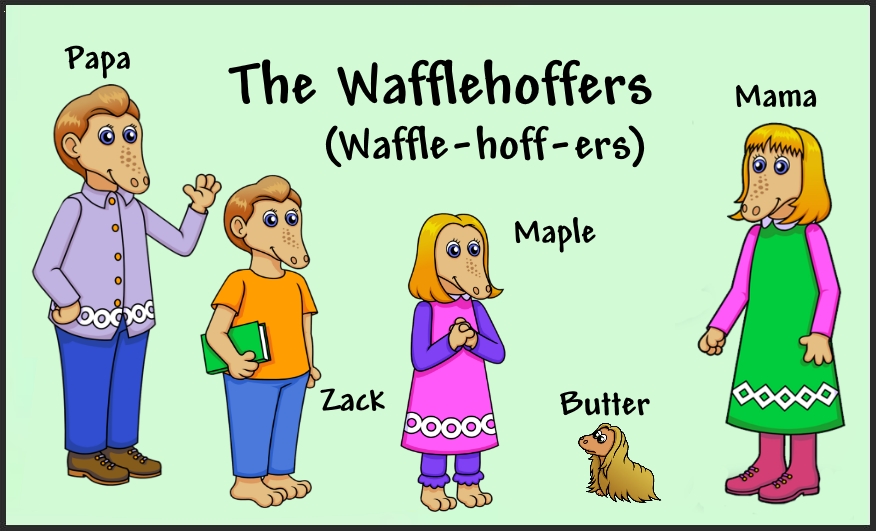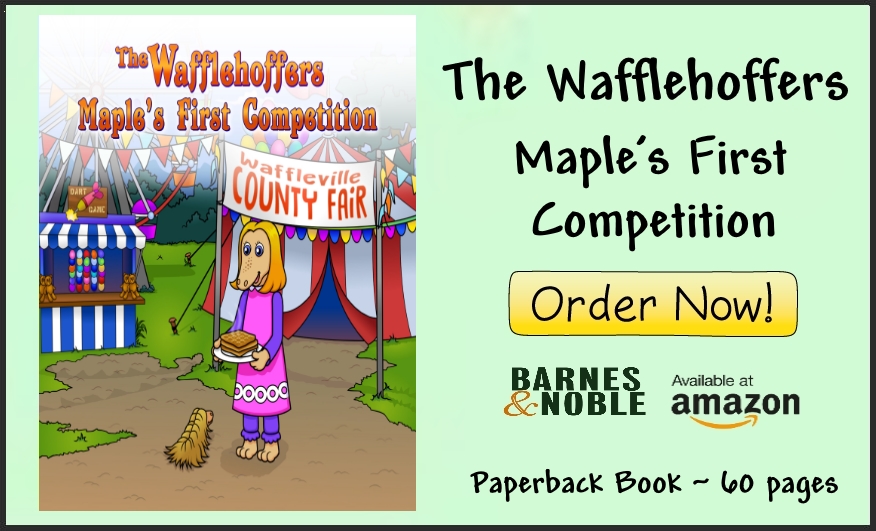 Many parents, as well as teachers, praise children for their helpful actions, but children are more generous when they’re commended for being helpful people. When our character is praised, we internalize it, and it becomes part of our identity.
Many parents, as well as teachers, praise children for their helpful actions, but children are more generous when they’re commended for being helpful people. When our character is praised, we internalize it, and it becomes part of our identity.
Character praise leaves a lasting imprint when identities in children are forming.
Let me explain – If you see a child doing something that shows good behavior, try saying, “You’re a good person because you helped Jimmy pick up his toy’s.” Instead of saying, “Thank you, Sam, for doing that.” Children become more social when they’re asked to be a good person, – they want to earn the identity. If you want a child to share a toy, instead of asking, “Will you share?” ask, “Will you Sam, be someone who shares?”
Scolding a child achieves nothing, it only encourages more bad behavior. Studies show that angry behavior just urges more anger. Instead, use rational thinking. Explain to a child why they should not do something.
Explain how bad behavior has consequences for others.
When children misbehave, highlight the consequences, so they understand how their actions hurt other people. Ask them, “How do you think this made Amy, feel?” As they consider the negative impact on others, children begin to feel empathy and guilt, which strengthens their motivation to right the wrong – and to avoid the action in the future.
In the book, The Wafflehoffers, Maple’s First Competition, the character Priscilla, bullies Maple:-
“Ha! She’s a Wafflehoffer, and she doesn’t even know how to make waffles.”
“Yes, I do!” shouted Maple.
“I’m not talking about the mud waffles babies like you like to make,” said Priscilla.
The school bell rang. Maple walked into class without saying a word to any of her classmates.
Priscilla’s hurtful words could have prevented Maple from entering the Waffleville County Fair waffle baking competition.
Words can hurt just as much as actions can.
Psychologist Joan Grusec explains that giving children character praise is much more effective than giving them behavior praise.
As Erma Bombeck put it, “Guilt is the gift that keeps on giving.”
The dual moral emotions of empathy and guilt activate the desire to right wrongs of the past and behave better in the future.
Emphasize moral values over rules. Rules set limits that teach children to adopt a fixed view of the world. When you rationalize through an explanation of values and NOT arguing or shouting, this encourages children to internalize principles of themselves. When you talk about standards, describe why certain ideals matter to you and ask children why they’re important.
Reasoning creates a paradox.
A good explanation enables children to develop a code of ethics that often coincides with societal expectations.
Children should consider the impact of their actions on others.






